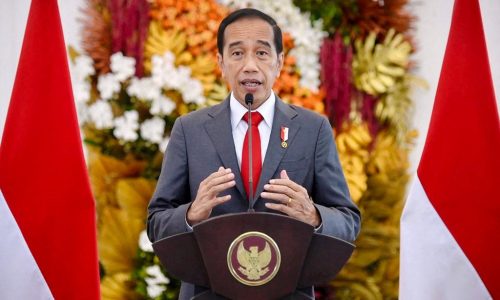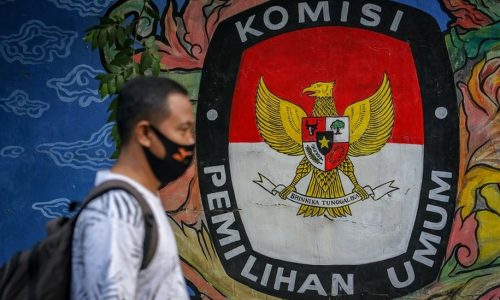The Ministry of Energy and Mineral Resources (ESDM) is gearing up to initiate a significant infrastructure development endeavor in Batam City, scheduled to commence in July 2024. This ambitious project involves the construction of gas networks (known as jargas) through a collaborative effort between the government and private entities under the Government-Business Partnership (KPBU) framework.
Laode Sulaeman, Director of Planning and Infrastructure Development for Oil and Gas at ESDM, has provided insights into this strategic initiative, emphasizing the goal of establishing 280,000 household connections through the proposed gas network infrastructure.
As of the latest update, the planning phase for the Batam City gas network tender is progressing steadily, currently situated within the outline business case (OBC) stage. Laode has highlighted the tentative timeline, indicating that the tender or prequalification process is slated for July 2024, with construction expected to commence in April 2025. Despite the proactive strides in planning, Laode underscores the ongoing evaluation of investment requisites to ensure a comprehensive understanding before the tendering phase officially commences.
In parallel, the ESDM Ministry is strategizing to amplify the pace of gas network development by exploring international tendering avenues. Recognizing the prolonged stagnancy in this sector, the government aims to revitalize progress through international participation. However, before unlocking the potential for substantial private investments, regulatory frameworks such as the revision of Presidential Regulation No. 6 of 2019 are undergoing meticulous refinement. This regulatory overhaul aims to broaden the scope for private sector engagement while upholding governmental assurances to incentivize participation.
An integral aspect of this strategic realignment involves recalibrating the targeted objectives for gas network expansion. Previously, the government had set ambitious targets, envisioning the installation of 4 million household connections. However, in a recent directive issued during a high-level meeting convened by President Joko Widodo, this target was revised downward to 2.5 million household connections by the conclusion of 2024. This decision, endorsed by a consortium of coordinating and technical ministers, reflects a pragmatic approach aimed at aligning aspirations with feasible outcomes.
Furthermore, the government has introduced incentives to galvanize private sector involvement, particularly in the upstream segment. By capping the maximum gas price at US$4.72 per MMBtu for developers, the government aims to foster a conducive environment for investment while ensuring affordability for end-users. These proactive measures underscore the government’s commitment to catalyzing sustainable development while balancing economic imperatives with societal welfare considerations.
Despite the concerted efforts to stimulate private sector engagement, concerns linger regarding the efficacy of the KPBU framework in delivering on its intended objectives. Pri Agung Rakhmanto, an energy economist and the founder of the ReforMiner Institute, has expressed reservations regarding the reliance on the KPBU model for gas infrastructure development.
Pri contends that the success of gas infrastructure projects, whether through KPBU or alternative private investments, hinges on the alignment of corporate economic calculations with national strategic imperatives. Highlighting the potential for divergent interests between private entities and overarching national objectives, Pri advocates for vigilant oversight and strategic recalibration to navigate potential deviations from the intended developmental trajectory.









